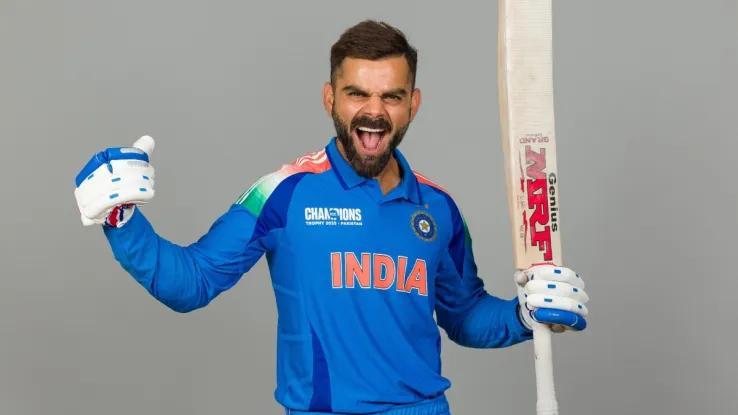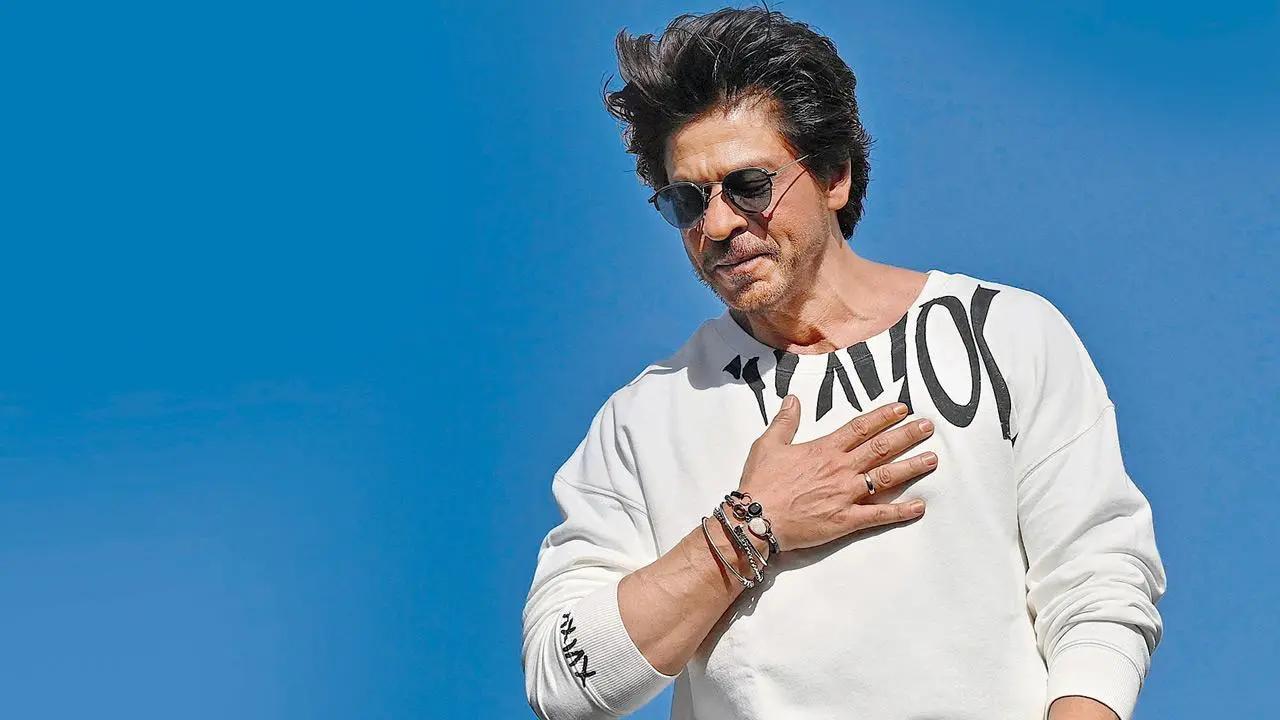
“The independent film movement in India is in a nascent stage. I see an opportunity for growth,” says Caroline Libresco, U.S.-based film curator and creative producer, during a brief interaction at American Corner, St Francis College for Women, Hyderabad. Libresco, whose career in film spans decades, is on a mission to inspire and assist women independent filmmakers in India. She hopes to make significant strides in the feature and documentary categories by helping filmmakers refine their projects and secure essential financial support.
Libresco’s visit to Hyderabad follows her interactions with students and budding filmmakers in Chennai and Thiruvananthapuram. Her journey doesn’t end here as she plans to engage with filmmakers in New Delhi, continuing her advocacy for women’s representation and success in the independent film industry. Armed with vast experience, Libresco was one of the head programmers at the prestigious Sundance Film Festival for nearly 20 years until 2019. She also served as the director of the Sundance Women’s Initiative from 2012 to 2019 and was the founding director of Sundance Catalyst from 2013 to 2019. Her efforts through these platforms have helped amass over $31 million for 89 films, aiding in the production of critically acclaimed works such as “Writing with Fire”, “Truffle Hunters”, “Crip Camp”, “Won’t You Be My Neighbor”, and “The Witch”.
At her sessions in India, Caroline’s discussions with students and filmmakers are focused on project development, effective storytelling, networking, and obtaining financing. Reflecting on her impetus for co-starting the Sundance Women’s Initiative, she recalls that the 2000s and 2010s were transformational periods for the American independent film movement. “In 2010-11, we sensed that women weren’t faring well in Hollywood or the independent film space. We needed to identify the barriers and work on removing them; for that, research was crucial. Evidence leaves no room for argument,” she explains.
A comprehensive study led by Stacy L. Smith and her team at USC Annenberg identified critical issues plaguing women directors and producers in the independent film sector.
. “Based on the findings, we designed our programs focused on financing knowledge and overcoming male-dominated networks. We discovered that women directors faced significant gaps between their first and second films, whereas their male counterparts produced films in rapid succession,” says Caroline. In response, the programs brought together high-net-worth individuals willing to finance films and women filmmakers in dire need of financial support.
On a broader scale, Caroline emphasizes that systemic changes are imperative for ensuring equitable opportunities for women in cinema. During her visit, she expressed optimism that film producer Guneet Monga, leading the Women in Film India chapter, could drive substantial progress toward gender equity in the Indian film industry. Her confidence in Monga’s leadership reflects her belief in collaborative efforts to uplift women filmmakers in India.
The challenges for independent women filmmakers in India are multi-faceted, involving obstacles such as limited access to resources, networking opportunities, and financial backing. Caroline’s approach is holistic, focusing on addressing these restrictions by building a support system that empowers women to create and distribute impactful stories.
Reflecting on the different regions she has visited so far, Caroline notes distinct regional aspirations and concerns. In Chennai and Thiruvananthapuram, she observed a vibrant yet challenging landscape for independent filmmakers. The enthusiasm is palpable, but the infrastructure and support systems require significant enhancement. In Hyderabad, her interactions revealed a burgeoning interest in exploring diverse narratives and innovative storytelling techniques, yet the struggle for financial support and networking persists.
Caroline’s belief in mentoring and empowering women filmmakers is rooted in the notion that diversity in storytelling enriches the cinematic landscape. She envisions an Indian film industry where women’s voices are equally heard, valued, and supported.
As she continues her tour in New Delhi, she aims to forge connections, inspire emerging filmmakers, and create a dialogue around the pressing need for gender parity in the film industry. Caroline’s visit is a beacon of hope for many aspiring female filmmakers, urging them to persevere and seek out the necessary tools and knowledge to elevate their craft.
In her mission to champion women in the film industry, Caroline Libresco’s efforts are more than an initiative; they are a movement toward a more inclusive and diverse cinematic future in India.










